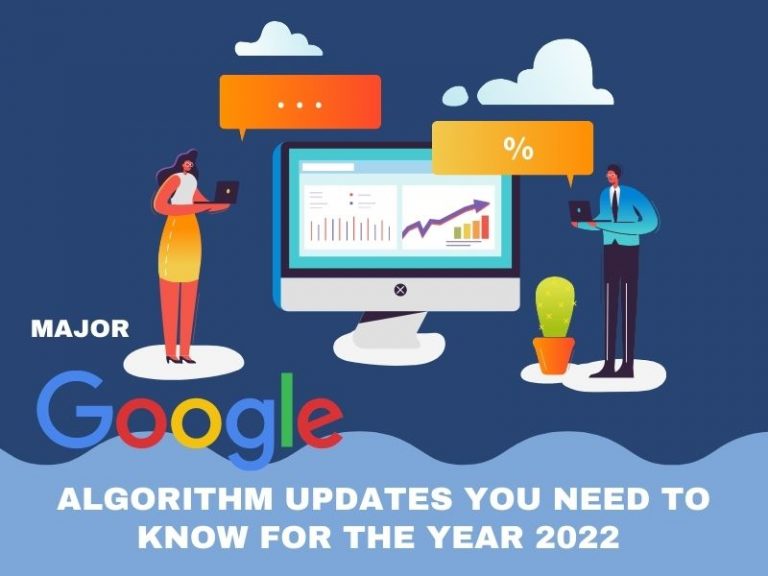Introduction to the Possum Update
In the ever-evolving world of search engine optimization (SEO), staying informed about Google’s algorithm updates is crucial for businesses aiming to maintain or improve their online visibility. One such significant update that has had a notable impact on local search results is the Possum update. This update, introduced by Google, has reshaped the landscape of local search and brought about changes in how businesses approach their SEO strategies to get the possum update.
Understanding the Possum Algorithm Changes
The Possum update, named after the nocturnal marsupial known for its adaptability, introduced several key changes to Google’s algorithm, particularly concerning local search results.
Focus on Local Search Results
The Possum update primarily focused on enhancing the relevance and diversity of local search results. One of the notable changes included prioritizing geographic proximity, ensuring that users receive search results that are more relevant to their location. Additionally, the update aimed to diversify local results by filtering out duplicate listings and showcasing a broader range of businesses.
Importance of Business Location
With the Possum update, the physical location of a business became even more critical in determining its visibility in local search results. Businesses situated in close proximity to a user’s location experienced an increase in visibility, potentially impacting competing businesses located farther away. This shift underscored the importance of optimizing location-specific keywords and ensuring accurate business information across online platforms.
Enhanced Filtering and Ranking Signals
The Possum update also introduced enhancements to filtering and ranking signals, further refining the quality and relevance of local search results. Factors such as the quality of content, user engagement metrics, and the authority of websites gained increased importance in determining local search rankings. This placed a greater emphasis on businesses to focus on delivering valuable content and fostering positive user experiences on their websites.
Adapting to the Possum Update
In response to the Possum update, businesses needed to adapt their local SEO strategies to align with the new algorithm changes.
Optimizing Local SEO Strategies
One key strategy involved optimizing Google My Business (GMB) profiles to ensure accurate and up-to-date information about the business. Generating positive reviews and citations from reputable sources also became essential for building trust and authority in local search results. Additionally, implementing structured data markup helped search engines better understand and index business information.
Expanding Geographic Targeting
To capitalize on the Possum update, businesses expanded their geographic targeting efforts to reach a broader audience. This involved targeting multiple locations, tailoring content for local audiences, and leveraging hyperlocal keyword targeting to enhance visibility in specific geographic areas.
Monitoring and Adjusting Strategies
Continuous monitoring and adjustment of local SEO strategies became imperative in the post-Possum era. Businesses needed to track changes in local rankings, analyze traffic and conversion data, and stay informed about future algorithm updates to remain competitive in local search results.
Case Studies and Success Stories
Numerous businesses have successfully adapted to the Possum update and achieved significant improvements in their local search visibility.
Conclusion: Navigating the Ever-Evolving Landscape of Local Search
In conclusion, the Possum update has brought about significant changes in the realm of local search, requiring businesses to adapt their SEO strategies accordingly. By understanding the implications of the update, implementing effective optimization techniques, and continuously monitoring and adjusting their strategies, businesses can navigate the ever-evolving landscape of local search and maintain their competitiveness in the digital marketplace.

